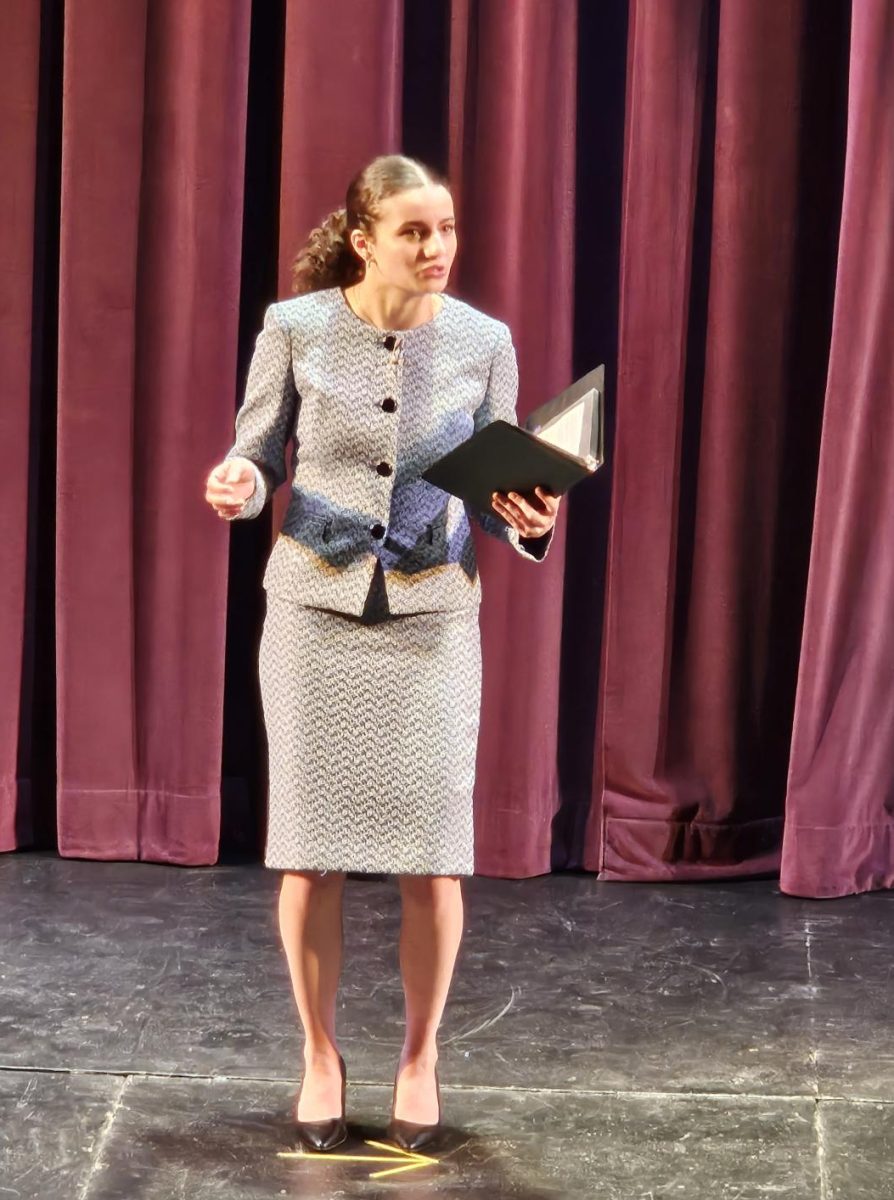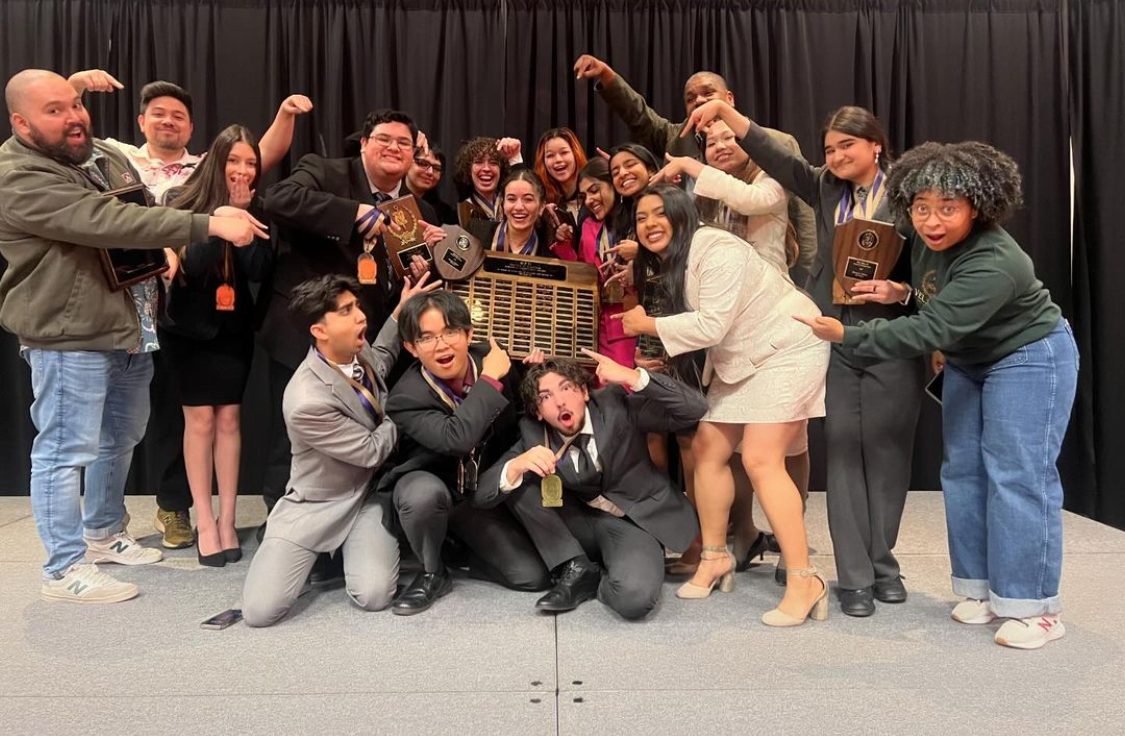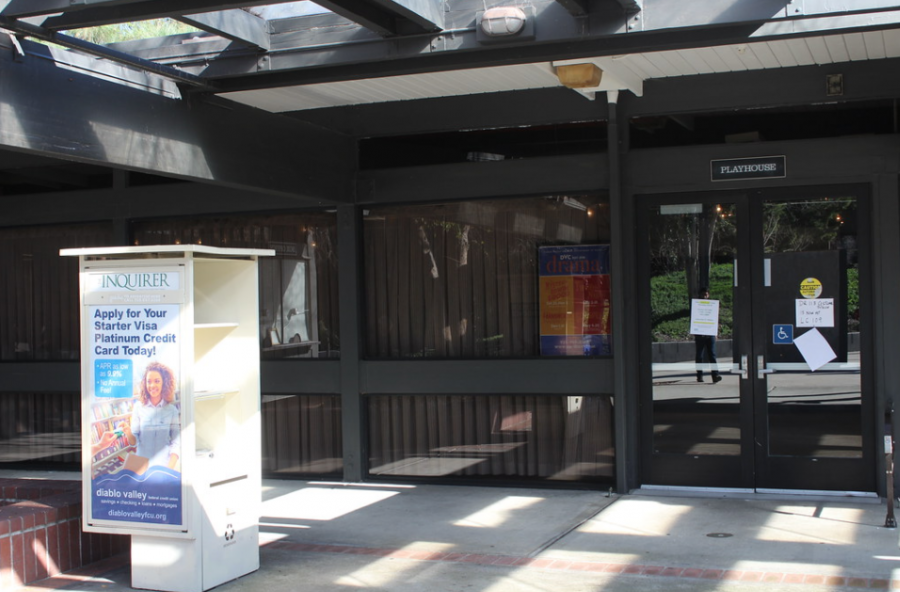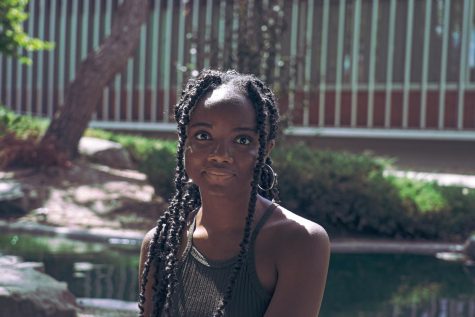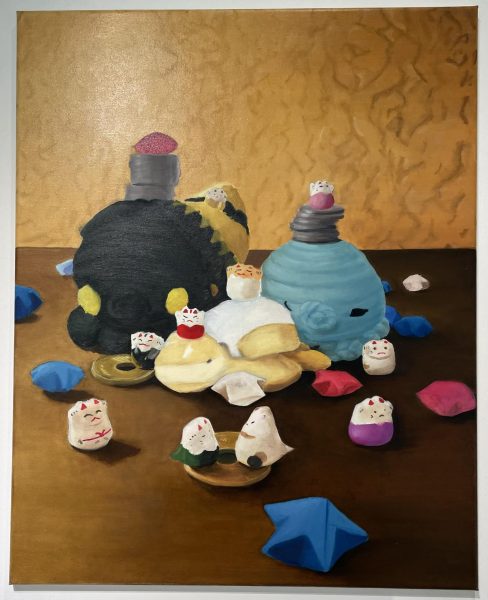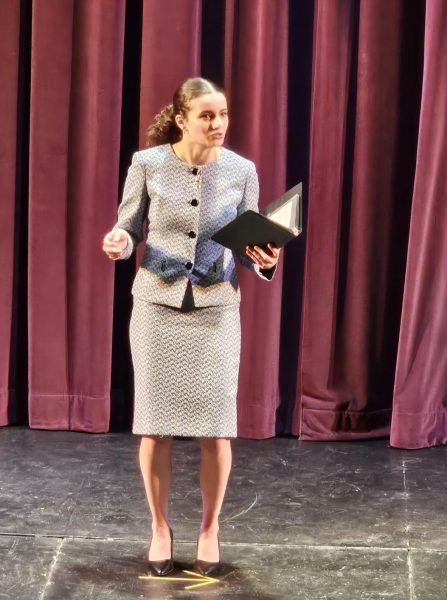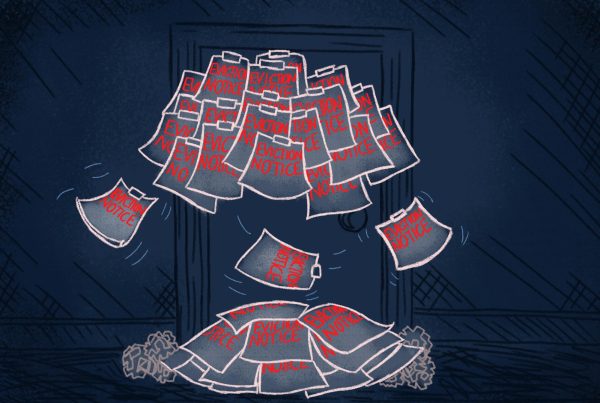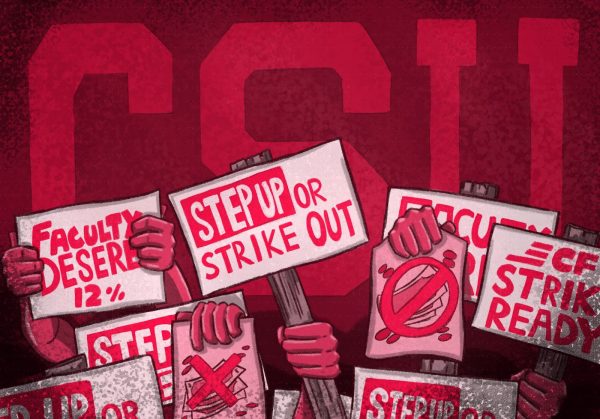All College Day tackles racism at DVC
Faculty met in the Performing Arts on Aug 23 to listen to Shaun Harper speak about racism on campus. (The Inquirer file photo).
September 11, 2019
Racial equity was the main focus at the annual Diablo Valley College All College Day event held for faculty on Friday, Aug. 23 in the Performing Arts building.
The school administration made racism its top agenda in light of the recent racially charged vandalism on the school campus. In the past, this event welcomed new faculty and briefed them on the upcoming school year.
Racial equity expert Shaun Harper led the event. According to faculty member Sangha Niyogi, Harper just signed a two year contract with DVC and will be setting up equity institutes aimed at providing training for professional development.
In his career, Harper has successfully created two equity programs namely the Center for the Study of Race & Equity in Education located in Pennsylvania State University and the Race and Equity Center at the University of Southern California. Both institutes operate as an eight-week professional learning series for 20 faculty members per each campuses.
A similar model will be applied to DVC with a cohort of 20 faculty members selected to undergo professional training this semester, with others to come.
According to Niyogi, Harper’s aim as the speaker of the day was to draw attention to the everyday instances of racism which he described as a, “thousand paper cuts” endured by members of marginalized groups.
“He said that we’re quick to condemn something like this when it is obvious… .but we should also be examining the everyday instances of racism, the microaggressions that exist,” said Niyogi.
According to Niyogi, Harper’s involvement with racial equity on campus has provided momentum for the recently established racial justice task force.
“The racial justice task force actually met with Shaun Harper and he facilitated a discussion that was really honest,” Niyogi said.
Niyogi equally highlighted insecurities recounted by black student service workers in the course of their discussion with Harper.
“That’s where all these feelings came out of black student services workers feeling like they weren’t safe at work,” she said.
Similar emotions were expressed by students last semester during a protest against multiple acts of racist vandalism in the bathrooms of several buildings. The protests resulted in various workgroups under that were formed under a task force. The purpose of these groups was to advance the student demands that were brought up during the protest. One group, in particular, focused on creating more safe spaces on campus for marginalized students and staff.
In response to the feelings of insecurity among students and staff, this workgroup will be collaborating with Harper to conduct campus wide surveys. The surveys will gather the opinions of both faculty and staff on how these safe spaces should operate, Heidi Goen-Salter, a member of the workgroup, said.
The workgroup has also made strides in promoting feelings of inclusivity and solidarity on the DVC campus. According to Goen-Salter, one strategy was to suggest classroom syllabi modification to faculty.
“We have the choice as teachers. We have the option of making our syllabus indicate that this is a safe space by using inclusive language by having messages in there that say explicitly ‘I see you’,” said Goen-Salter. “I’m going to do my part to make sure you feel safe. . .as you go on this academic journey.”
The group is also focused on encouraging individual acts of solidarity such as the creation and distribution of flyers that stand against hate, Goen-Salter said.
“Let’s put some posters up that say things like ‘DVC rejects racism’, ‘you’re welcome here’, ‘if you see something say something’,” said Goen-Salter.
“Let’s have that be the message.”




